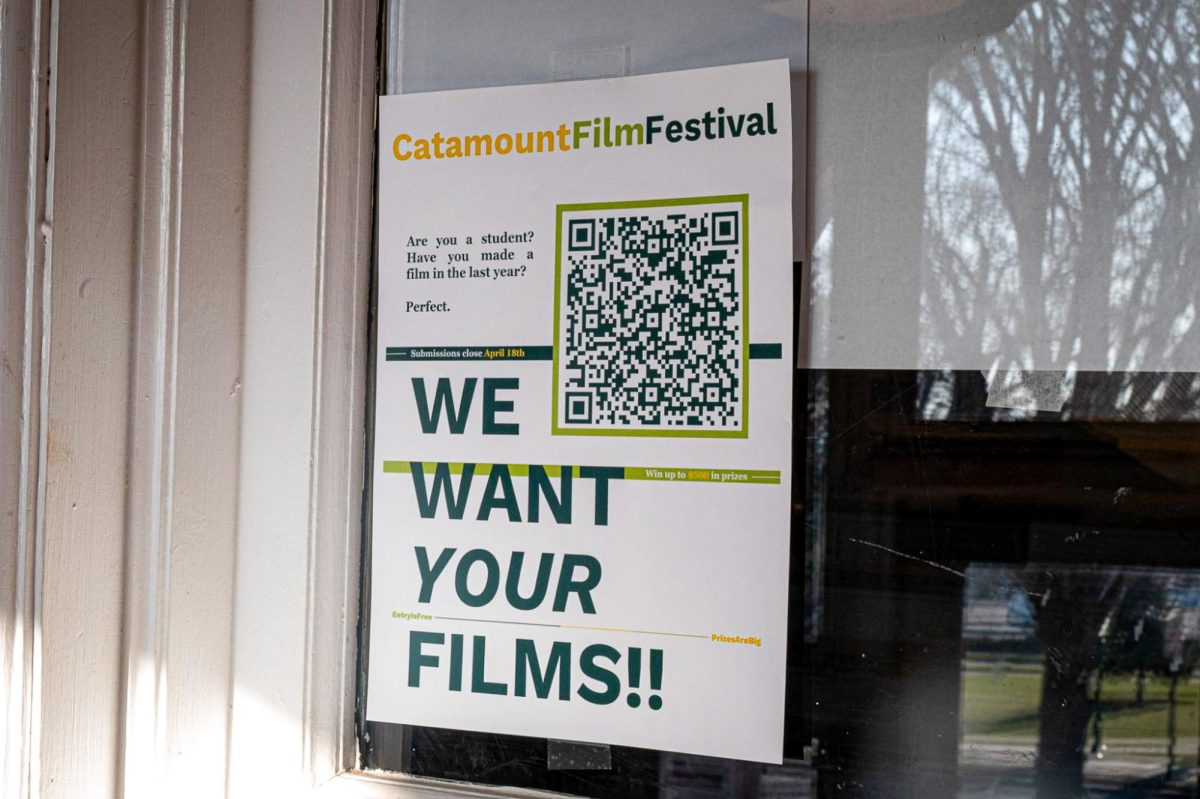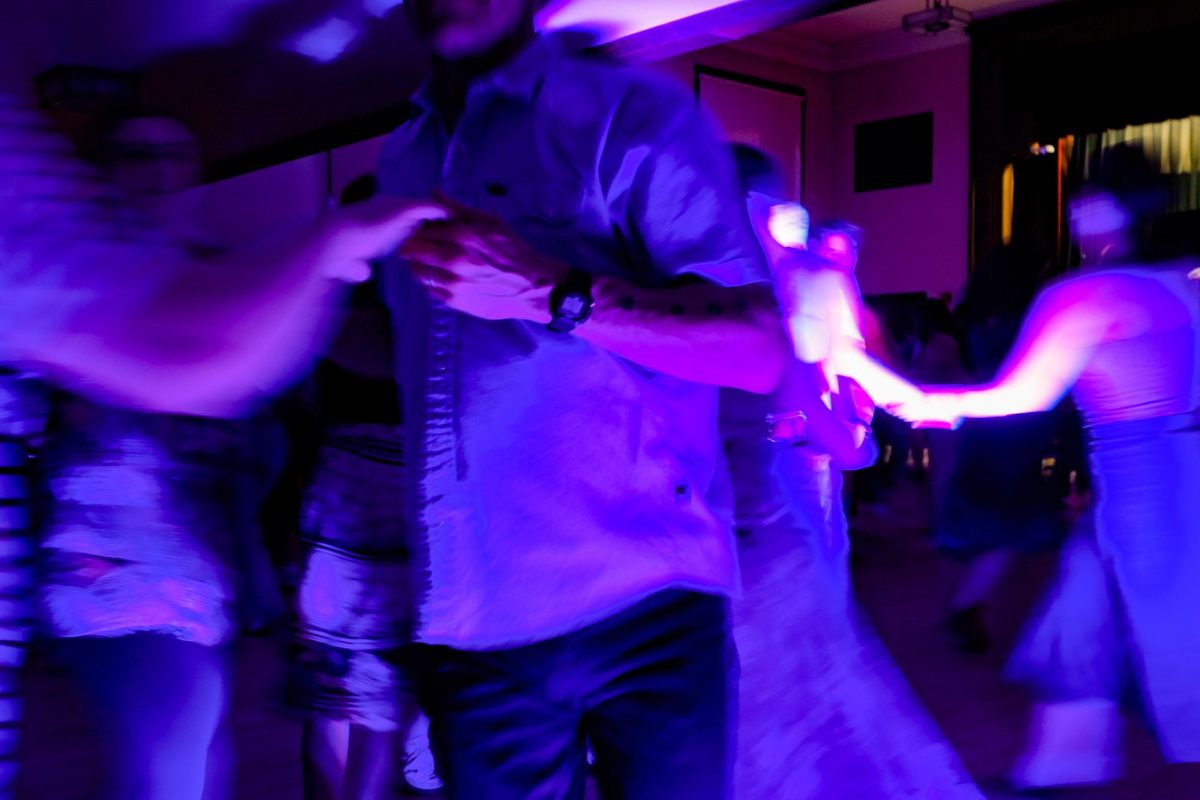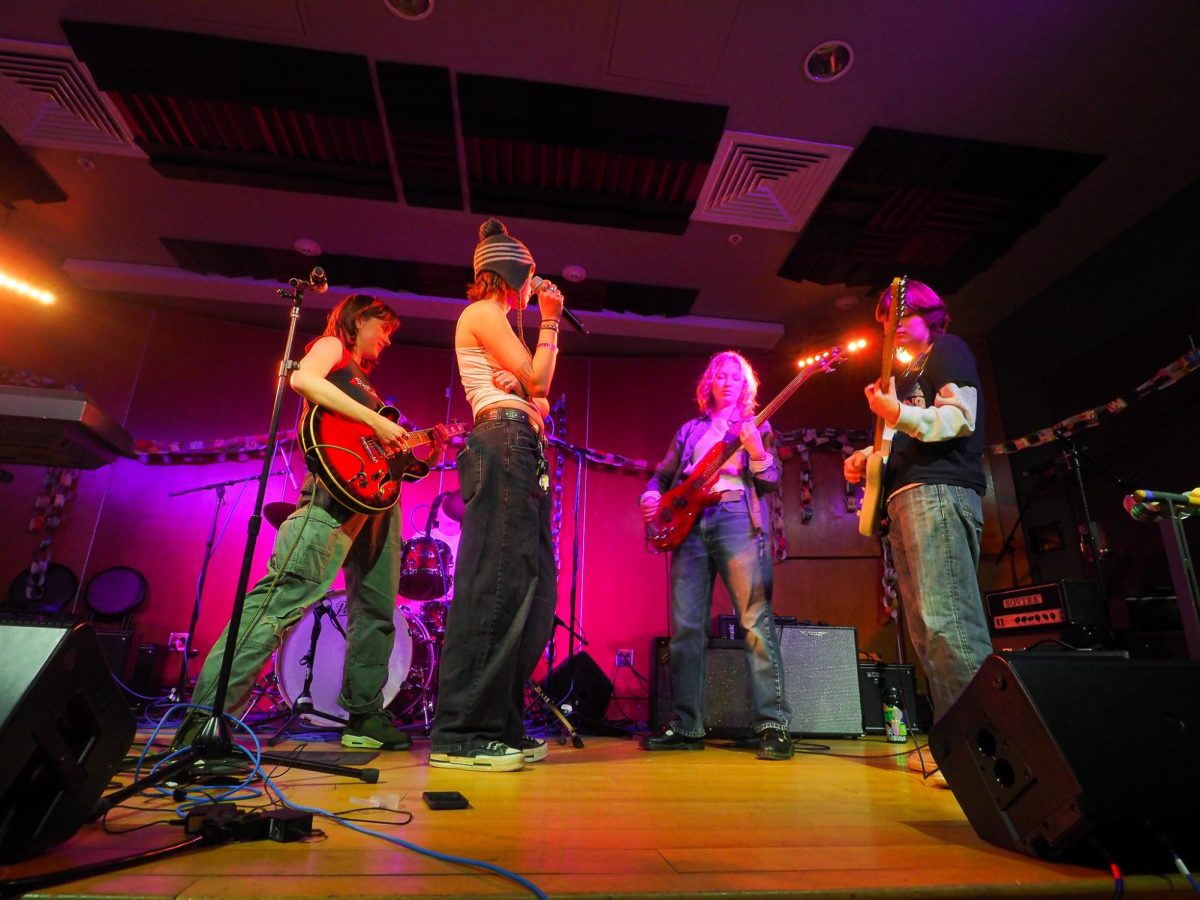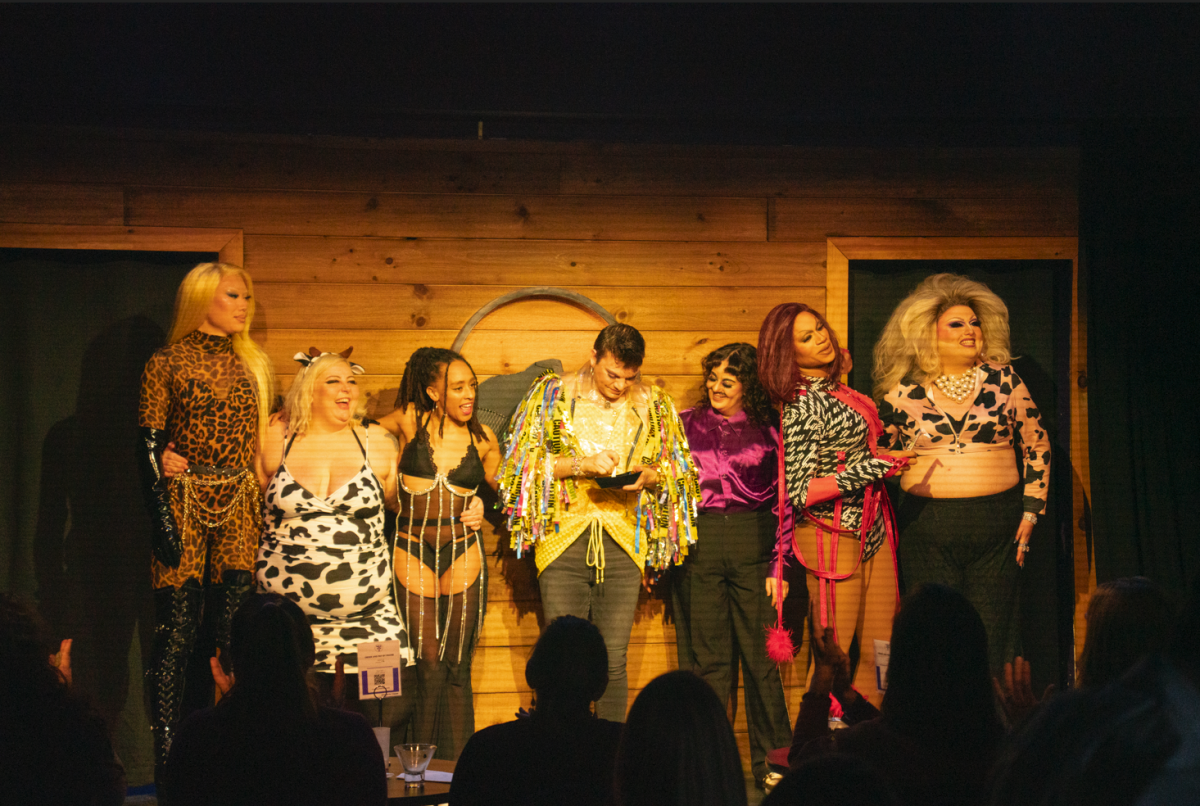Four musicians, four instruments and the work of four composers united on Feb. 1 in the Recital Hall for an event titled Music from Paris of the ’20s.
Sponsored by the Department of English Music and Literature Series, the concert was a collaboration between English professor Tom Simone and concert musicians. The program produced a musical atmosphere that evoked the inventive and artistic world of 1920s Paris.
In an effort to highlight the shared influences between artistic worlds, Simone encourages his students to listen to the music of the periods from which they are reading.
Prior to the concert, Simone emphasized having an awareness of many voices, styles and impulses paralleled to the influence of the art.”
Simone compared the creative environment of Paris to a “mosaic” in which the workings of various musical styles catalyzed dialogue among the varying art forms.
“Music is parallel to the multiplicity of language,” he said. “[It is] a vital part of culture, versatility and discussion.”
Concert pianist and UVM piano teacher Paul Orgel was an integral part of the program.
“I wouldn’t try too hard to impose a unifying theme on the program as a whole, but would hope that the audience enjoys the different instrumental combinations – flute/piano, cello/piano, solo flute, violin/cello – and diversity of the approaches of the four composers,” Orgel said.
Orgel and flutist Laurel Ann Maurer opened the concert with Prokofiev’s Flute Sonata. The piece triumphantly blended the two instruments to create a fantastical and dreamy atmosphere.
Orgel and cellist John Dunlop closed the first half of the program with Bohuslav Martinu’s Sonata for cello and piano No. 2. The piece features three richly romantic movements.
The piece is rarely performed, Orgel said.
Composed in the U.S. in 1941 after Ravel lived in Paris for over a decade, the piece is a powerful, emotional work, perhaps influenced by world events, he said.
Flutist Maurer opened the second half of the program with Debussy’s Syrinx for flute, a work that Maurer told the audience put the flute on the map as a serious solo instrument.
Highlighting the gorgeous pitches of the flute, the piece hauntingly illuminates the tragic myth of the satyr, Pan, and the beautiful nymph, Syrinx.
The evening closed with Ravel’s “Duo for violin and cello,” a piece dedicated to Debussy. Performed by Dunlop and violinist Colleen Jennings, the piece produced a dramatic counter to the melancholic beauty of Debussy’s “Syrinx.”
“It’s quite a serious, intense piece, perhaps a reaction to what was called the ‘War to end all wars’ – WWI,” Orgel said of Ravel’s “Duo.”
The second Music and Literature Series concert of this semester, “Winds from the East,” will take place April 4.







